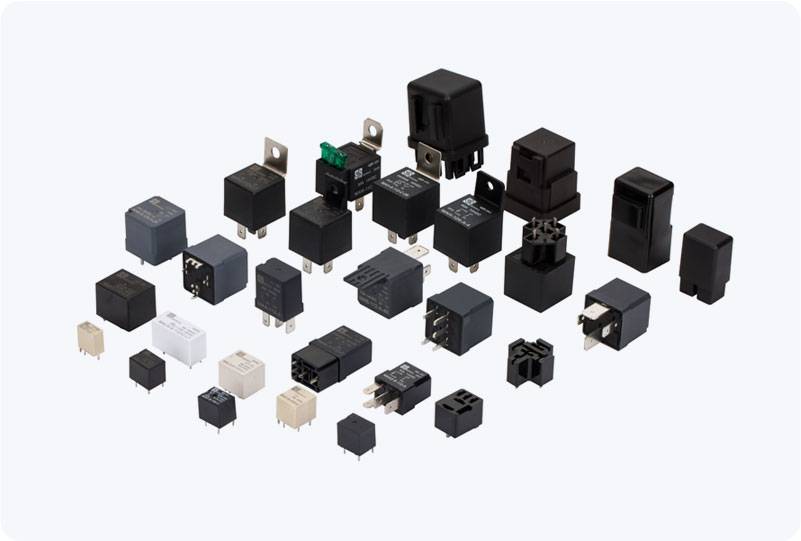ieee standards for industrial relays: ensuring reliable and safe operation in power systems
Release time:2025-08-31 18:31:05
Industrial relays are critical components in electrical power systems, providing the necessary protection, control, and monitoring functions. These devices play a vital role in safeguarding power equipment from damage, preventing system faults, and ensuring smooth operation of industrial processes. To guarantee their reliability, safety, and efficiency, IEEE (Institute of Electrical and Electronics Engineers) has established a comprehensive set of standards for industrial relays. These standards define performance requirements, testing methods, and environmental conditions under which these devices should operate. In this article, we will explore the IEEE Standards for Industrial Relays, discussing their significance, key standards, and how they contribute to the smooth functioning of electrical power systems.

Importance of IEEE Standards for Industrial Relays
The IEEE Standards for Industrial Relays are essential for manufacturers, engineers, and operators in the electrical industry. These standards provide a framework that ensures industrial relays meet the necessary technical specifications and safety criteria required for optimal performance. By adhering to these standards, manufacturers can guarantee that their products will function correctly under varying operational conditions and meet the specific needs of different power systems.
For operators and engineers, these standards help ensure that relay systems are reliable and capable of providing accurate protection, detection, and control in a variety of applications, from electrical substations to industrial machinery. The reliability of industrial relays is crucial, as malfunctioning relays can lead to system failures, equipment damage, and even safety hazards.

